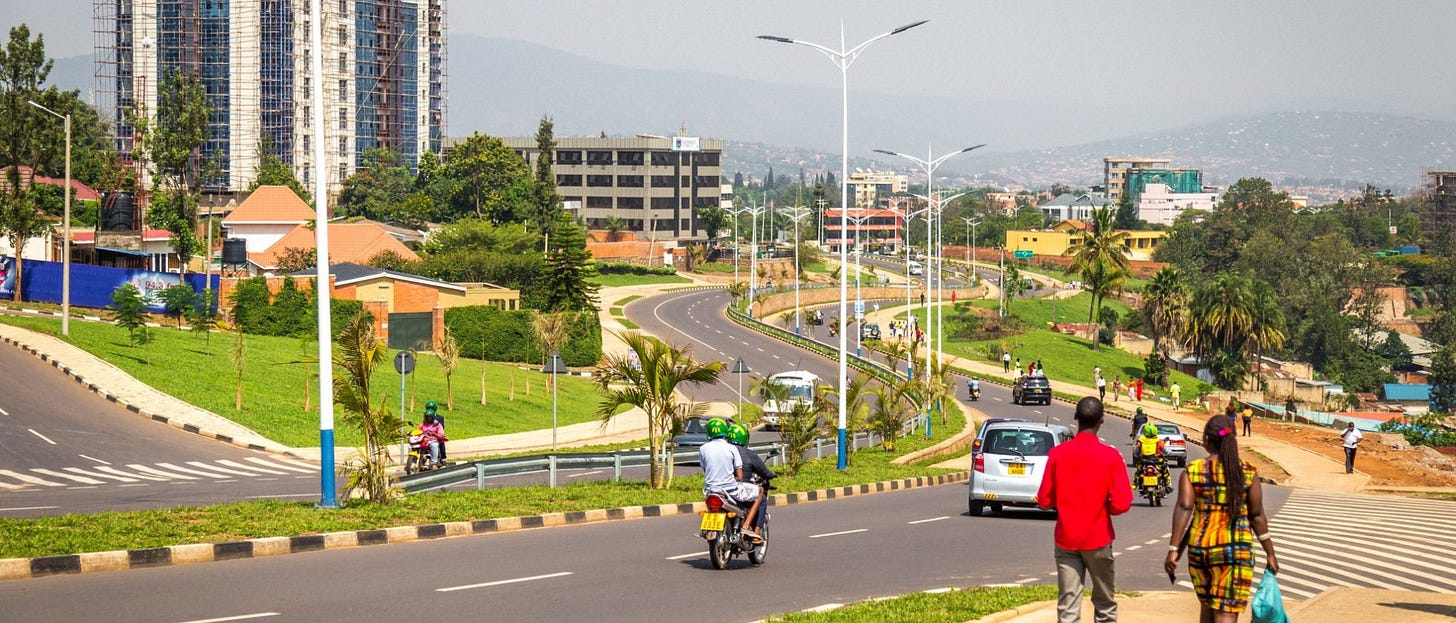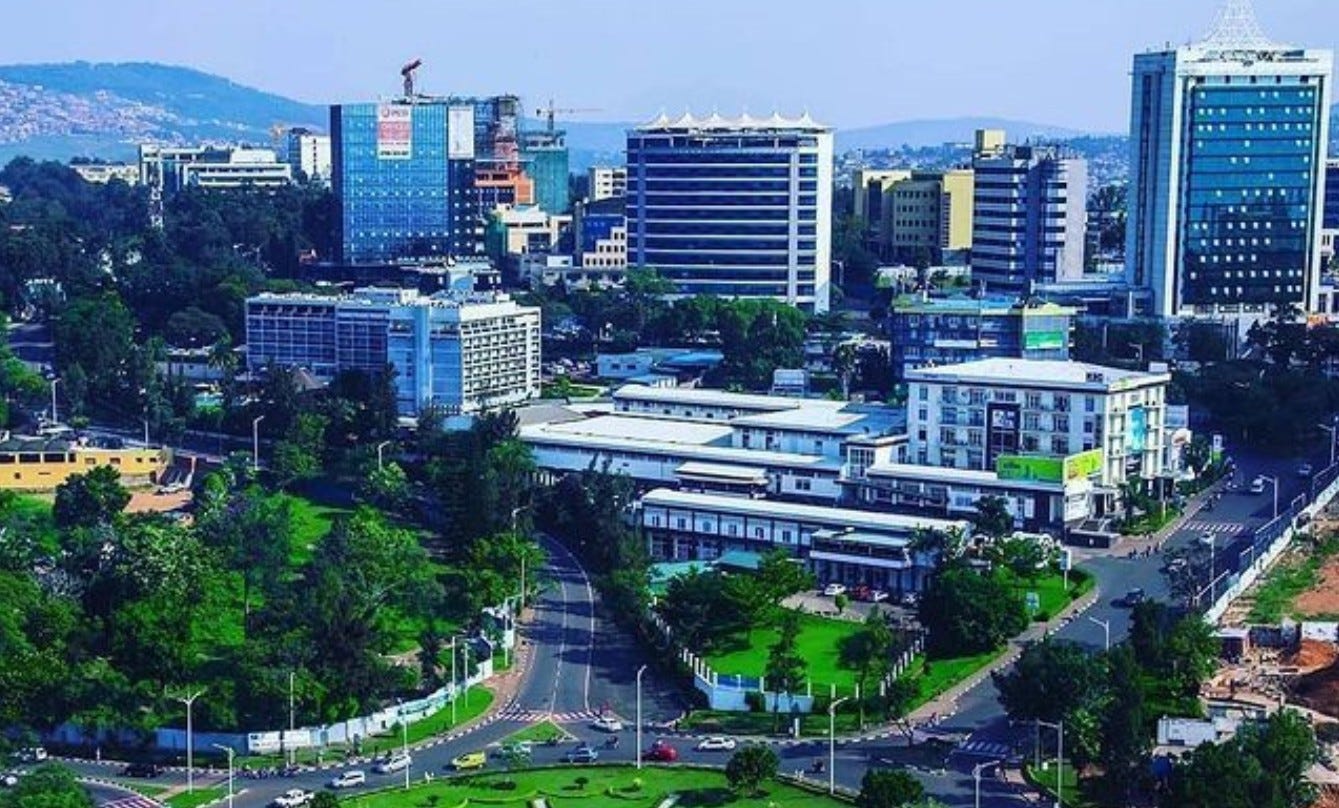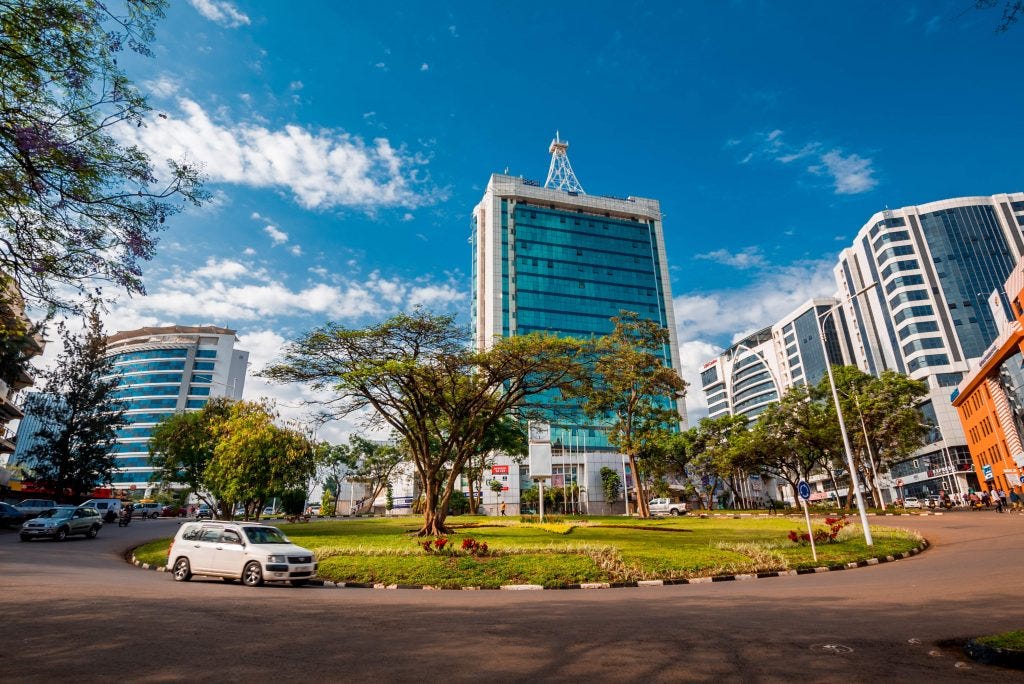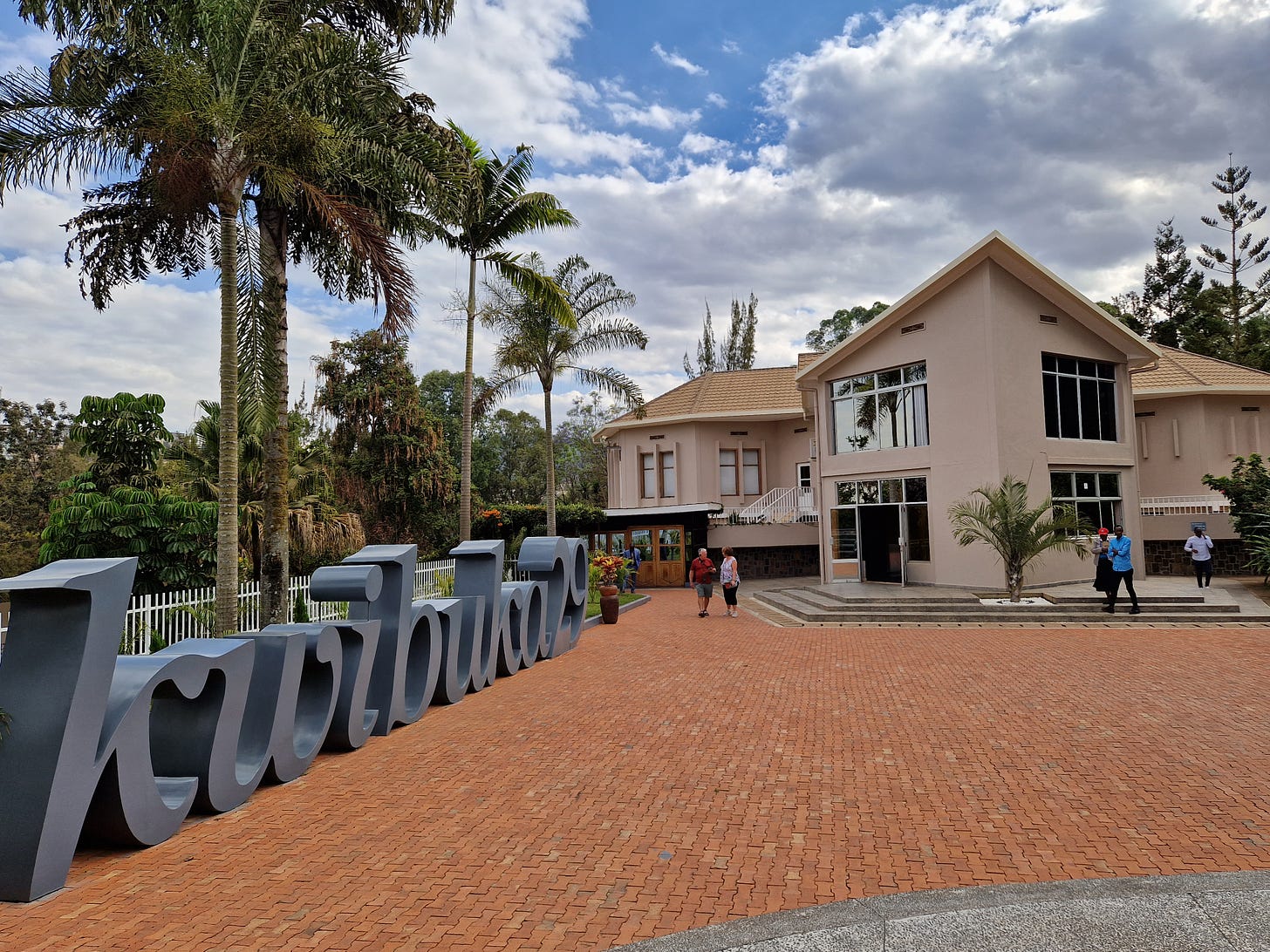Rwanda and Israel: Comparing State-Building and Security
Rwanda’s transformation since the 1994 genocide continues to draw global attention. Its social and economic progress is widely noted, yet debates persist regarding governance, political freedoms, and its role in the Great Lakes region. Understanding these contrasting narratives requires placing Rwanda’s experience within its historical and regional context while drawing parallels to other small states navigating complex security environments, such as the State of Israel. Although the two cases differ greatly, comparing them helps illuminate how states manage vulnerability and external scrutiny.
Historical Legacies
Rwanda’s modern challenges have roots in its colonial past. German and later Belgian rule reshaped pre-colonial political structures, reinforced ethnic divisions, and strained social cohesion. These interventions contributed to tensions that persisted into independence and ultimately culminated in the 1994 genocide against the Tutsi. Similar colonial legacies are evident across Africa, where inherited institutions and borders complicated post-independence governance.
Post-Genocide Reconstruction
After 1994, Rwanda faced the collapse of state institutions and widespread displacement. The Rwandan Patriotic Front (RPF) prioritized rebuilding through national unity, security, and rapid modernization.
Since then, Rwanda has made progress in restoring public institutions, reducing poverty, expanding social services, improving health and education, modernizing infrastructure, and promoting civic identity.
At the same time, observers note concerns about limits on political competition, media freedom, and civil society space. These debates reflect broader tensions between stability-driven governance and democratic pluralism in post-conflict settings.
Regional Security and the DRC
Rwanda’s security environment is shaped by instability in the eastern Democratic Republic of Congo. Armed groups operating near Rwanda’s borders—including remnants of militias linked to the 1994 genocide—remain a significant concern. Rwanda argues that these threats justify a strong security posture.
International bodies, however, have periodically accused Rwanda of supporting groups such as the M23, allegations Rwanda denies. Analysts remain divided: some view Rwanda’s actions as defensive in a fragile regional context, while others argue they contribute to instability. These differing views illustrate the complexity of state behavior in conflict-affected regions.
International Perceptions
Rwanda is widely recognized for its efficient administration, modernization efforts, and contributions to peacekeeping. Conversely, international human rights organizations and several Western governments frequently criticize its political governance and regional actions. These competing narratives reflect the varied criteria—developmental, political, and geopolitical—used to evaluate contemporary states.
Comparing Rwanda and Israel
While historically and geopolitically distinct, Rwanda and Israel share several thematic similarities.
Commonalities include:
• small states in volatile regions;
• strong emphasis on national security;
• historical trauma shaping national identity;
• disproportionate international scrutiny;
• contested regional roles.
Key differences include:
• differing conflict dynamics;
• distinct historical narratives and alliances;
• Israel’s larger economy and military capacity.
Thus, the comparison serves primarily as an analytical lens rather than implying structural equivalence.
Statehood and International Law
Debates around Palestinian statehood occasionally intersect with comparisons involving Israel. Under the Montevideo Convention (1933), statehood requires a permanent population, defined territory, effective government, and capacity for international relations. Whether these criteria apply to contested or occupied territories is debated among legal scholars. This issue, however, remains separate from Rwanda’s own developmental and security trajectory.
Conclusion
Rwanda’s post-genocide reconstruction offers a significant case study in state-building, combining developmental ambition with strong security emphasis. Its achievements are substantial, yet its governance model and regional involvement continue to generate discussion.
The comparison with Israel highlights broader themes of resilience, security, and contested narratives. Ultimately, Rwanda’s experience underscores the challenges faced by states seeking stability and development in complex regional environments while navigating global expectations and internal aspirations.














